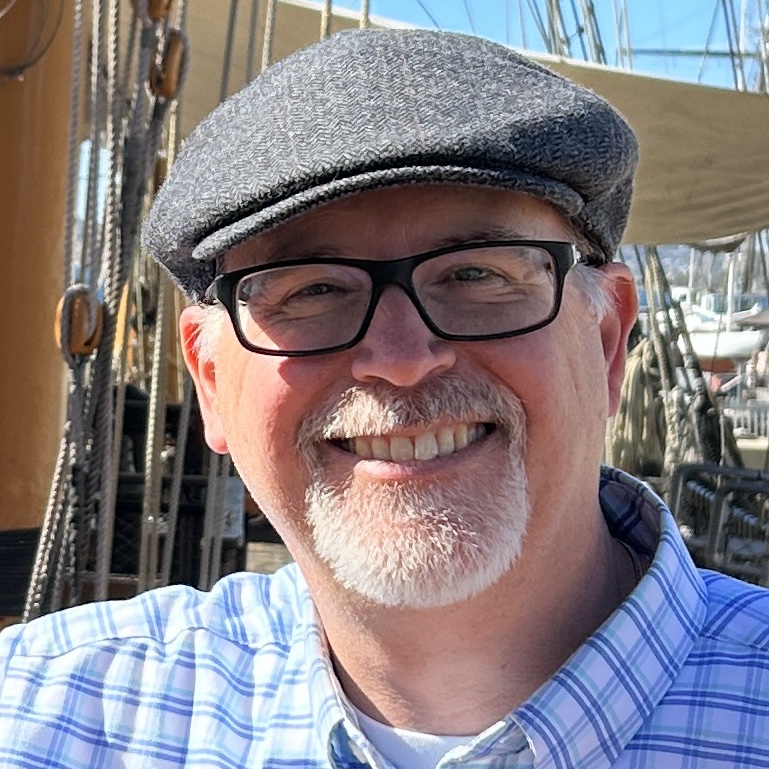Some books take no extra skills to read--all of their benefits are on the surface waiting for you. Others hide their treasures below the surface and you have to go after them like a deep sea diver, returning and returning again to appreciate their beauty and discover their meaning. Books like The Brothers Karamazov and City of God require extra literary skills to understand, but the effort is worth it.
If you've never had a good literature class, or if it's been a while since your last one, then you might consider reading Mortimer Adler's How to Read a Book. Adler begins with the best definition of reading I've ever come across:
Reading is "...the process whereby a mind, with nothing to operate on but the symbols of the readable matter, and with no help from outside, elevates itself by the power of its own operations. The mind passes from understanding less to understanding more. The skilled operations that cause this to happen are the various acts that constitute the art of reading."
I like to share that definition and break it down for my eighth grade students each year because it's easy to think of reading as just an alternative to television. The idea that reading elevates is important for them to understand. As Henry Fielding states in On Taste in Books, books are not merely for entertainment:
"This present age seems pretty well agreed in an opinion, that the utmost scope and end of reading is amusement only; and such, indeed, are now the fashionable books, that a reader can propose no more than mere entertainment, and it is sometimes very well for him if he finds even this, in his studies.
Letters, however, were surely intended for a much more noble and profitable purpose than this. Writers are not, I presume, to be considered as mere jack-puddings, whose business it is only to excite laughter...when no moral, no lesson, no instruction is conveyed to the reader, where the whole design of the composition is no more than to make us laugh, the writer comes very near to the character of a buffoon; and his admirers, if an old Latin proverb be true, deserve no great compliments to be paid to their wisdom." Reading and writing are not only meant to elevate us intellectually, but spiritually as well. All of our skills and abilities are given to us by God so that we may know, love and serve Him; any other use of them is a waste of time and will detour us off the road to eternal joy. It does, however, take a conscious and deliberate act of the will to use our gifts in this way, and it often requires extra effort. Regarding reading, Adler puts it this way:
"To pass from understanding less to understanding more by your own intellectual effort in reading is something like pulling yourself up by your bootstraps. It certainly feels that way. It is a major exertion. Obviously, it is a more active kind of reading than you have done before....Obviously, too, the things that are usually regarded as more difficult to read, and hence as only for the better reader, are those that are more likely to deserve and demand this kind of reading." For one interested in acquiring the skills to read difficult books, How to Read a Book is an essential resource. Not only does Adler explain how to read in general, but he also devotes individual chapters to reading specific kinds of literature, including how to read history, philosophy, science and mathematics. I've owned the book for fifteen years, and I still return to it again and again to improve my reading skills.
For a taste of Adler's writing, visit the Mortimer J. Adler Archive and scroll down to the category titled "On Reading." Some of the ideas archived there come straight from How to Read a Book. I spent $10.95 on my copy of How to Read a Book but it is worth more than some of the college classes I took, which cost me considerably more. Give it a try and watch how it improves your ability to read the Catholic classics.Labels: reading |
![]()
![]()



